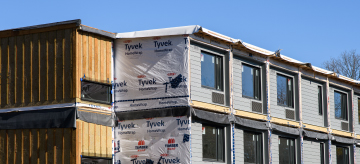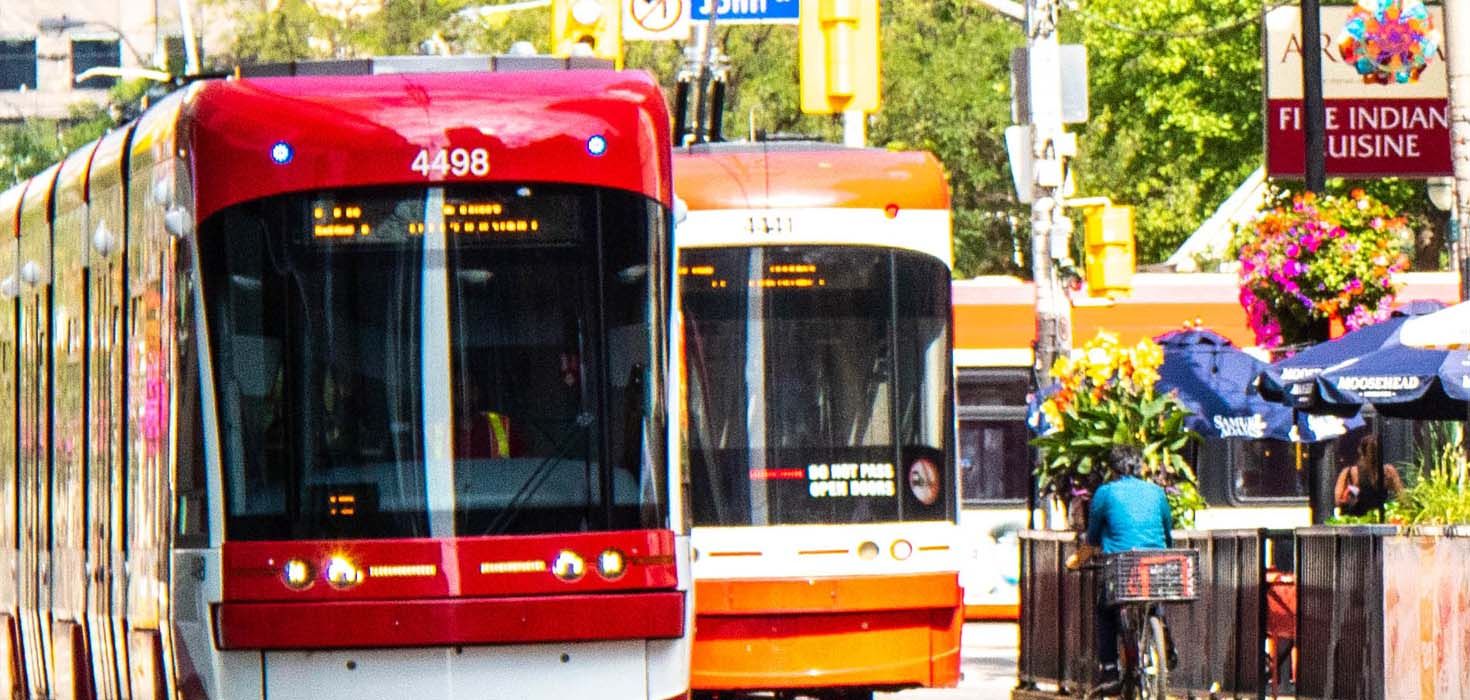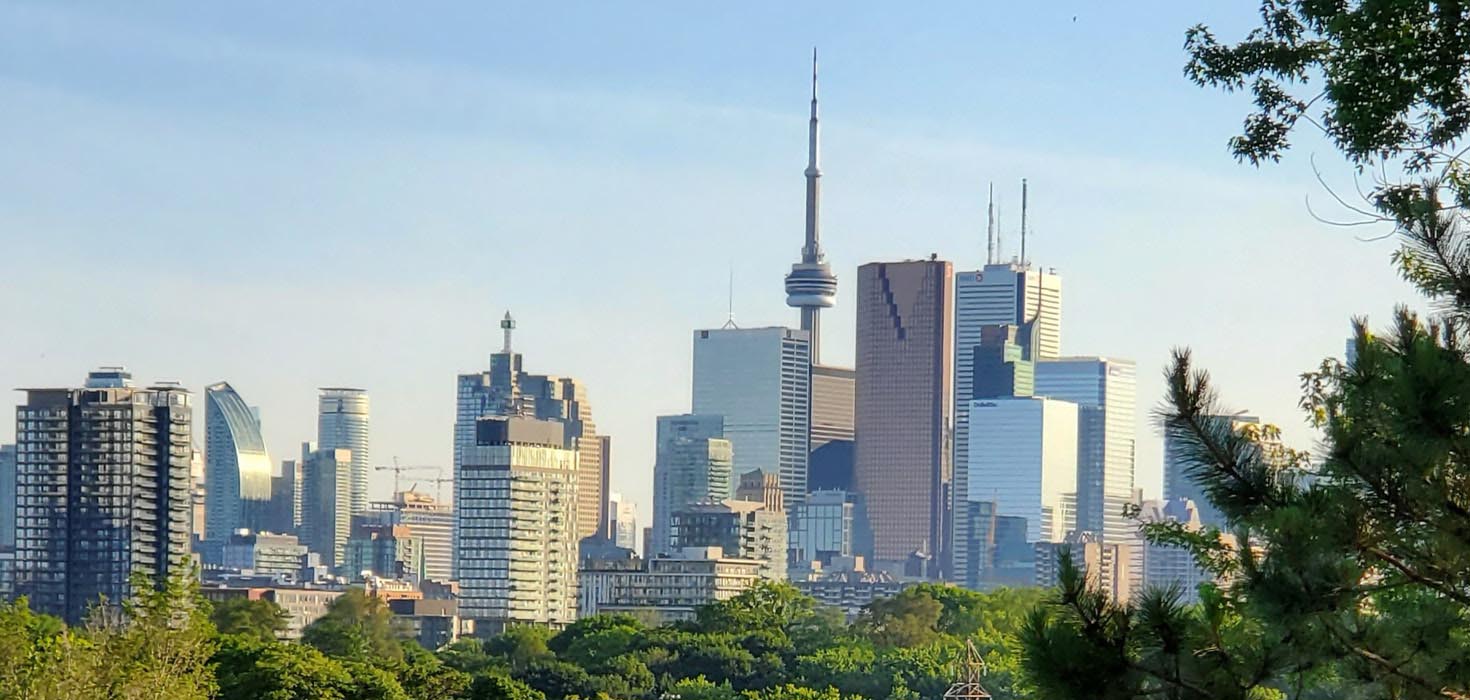Leading into the municipal election, the Toronto Region Board of Trade is calling for incoming councils to Hit Go on five key solutions to drive growth and competitiveness across the region. This week we partner with The Toronto Association of Business Improvement Areas (TABIA) on reducing red tape.
Everyone says it: small and medium-sized businesses (SMEs) are the backbone of our economy. That’s not just lip service; SMEs employ over 10 million Canadians and generate 50 per cent of our national GDP.
Most small businesses in our region, however, never become medium-sized businesses, often because they’re entangled in regulation from different levels of government that is often overlapping, out of date, or too complicated. This red tape causes unnecessary delays, imposes significant costs and holds them back from growth.
In the Toronto Region alone, there are over 800,000 businesses. From small businesses like artisanal chocolate maker Mary’s Brigadeiro, to national restaurant scale-ups like Oliver & Bonacini, we’re Canada’s business nexus. Business innovation and entrepreneurship are central to our region’s identity and competitive edge.
But here’s the catch: for a city that eats, sleeps and breathes business, we don’t make it easy for local corporations to start up or grow.
Most people don’t know how many layers of government red tape businesses need to wade through just to operate. According to the Canadian Federation of Independent Business, the average organization spends about 677 hours a year on regulatory compliance alone!
Imagine the frustration of a business owner who waited three months to get retail sales permits; three months of high rent and sitting on stock while being prohibited from making money. Or an ambitious restaurateur not allowed to open because of infractions they could never have known about without becoming experts in municipal regulations.
A business can be derailed in any number of ways — zoning and development approvals, public health, building and fire codes, alcohol and licensing, capacity regulations — and each roadblock keeps a person with a dream from successfully starting a business, creating jobs, contributing to the community and building our economy.
Money spent navigating red tape is an unnecessary tax on margins already stretched thin by the pandemic that could be better used to invest in growth, such as buying technology to enhance productivity or hiring new talent.
We’re calling on the incoming city council to acknowledge the critical role businesses play in our economy by hitting go on fixing our regulatory quagmire and implementing modernized policy solutions that can help businesses start and grow.
The City of Toronto must acknowledge the multi-jurisdictional nature of today’s business environment and lead work with neighbouring municipalities and the private sector to create a Toronto Red Tape Elimination Panel. The mandate: to identify and remove unnecessary, outdated, overly complex or duplicative provincial-municipal red tape. This effort could build on Ontario’s recent red tape reduction legislation, passed in July of 2020.
The city needs to create clear online resources, such as up-to-date lists of all the permits required for each specific type of new business and establish strict timelines for permit approvals. Businesses should know what to expect and should never pay out of pocket for city delays.
Council should also leverage the approach of the city’s Concept 2 Keys program, which aims to reimagine organizational structures, processes, and the use of technology to reduce steps and regulatory approvals for new builds and to streamline the process for opening and growing businesses.
Finally, the city should explore late-evening regulations on businesses in designated entertainment zones where there is minimal conflict with neighbouring residents. While early closing times may be appropriate near residences, a one-size-fits-all policy doesn’t make sense in a dense entertainment area like King Street West.
The pandemic showed us that the removal of red tape can accelerate change for the better and create the conditions for businesses to thrive — even in extreme circumstances. It’s time to support the businesses that make our communities home and put Toronto on the map. After two years of lockdowns, let’s cut our businesses some slack by cutting the red tape.
Jan De Silva is president and CEO of the Toronto Region Board of Trade. John Kiru is executive director of the Toronto Association of Business Improvement Areas.



